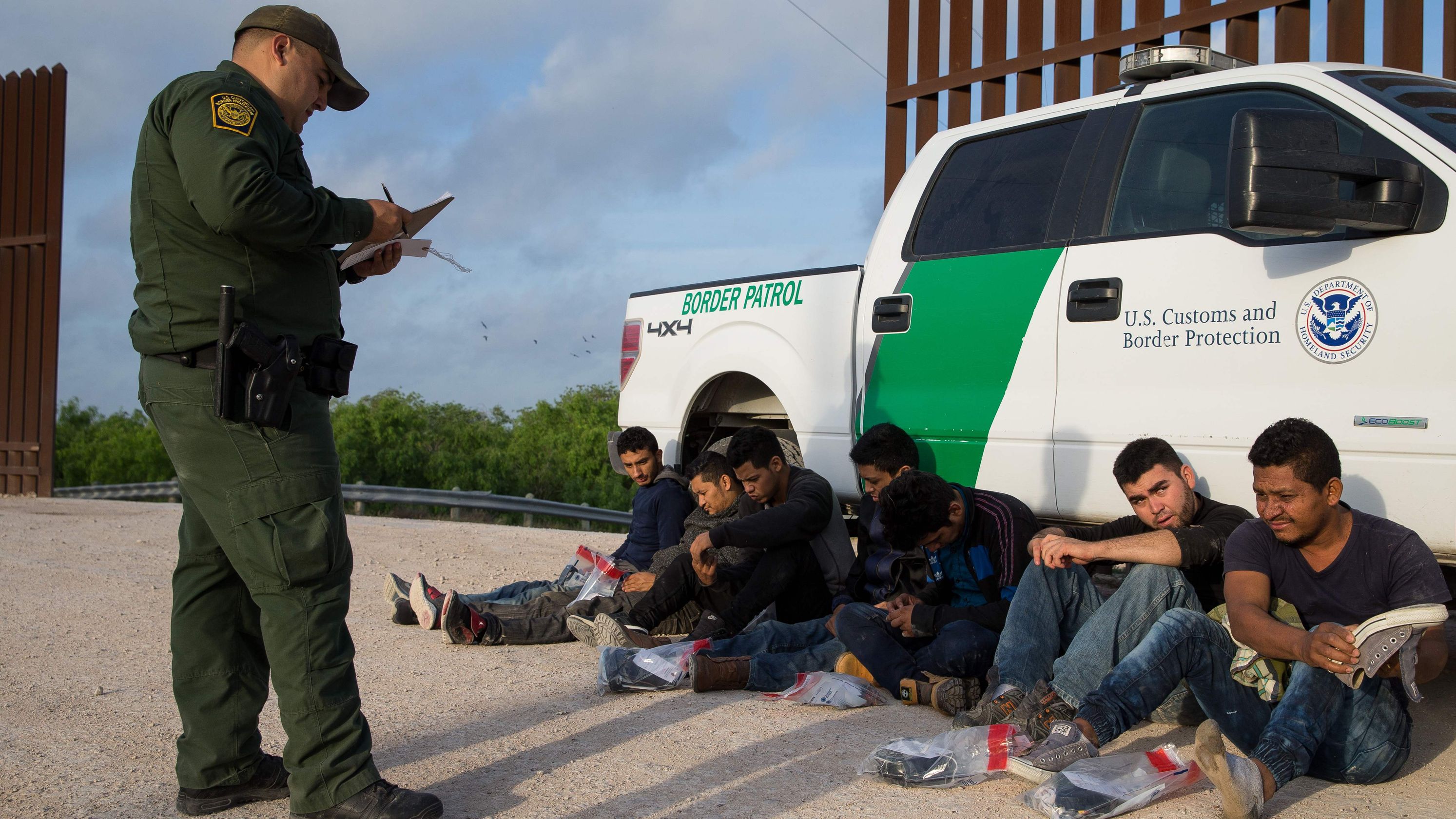As President Joe Biden and his supporters celebrate signing the $1.9 trillion American Rescue Plan into law, it is disappointing that many of the nation’s 10.5 million undocumented immigrants are, once again, excluded from stimulus payments.
As a scholar studying the health of the undocumented, I know how devastating this will be for immigrant families. I have heard many personal stories about the horrific effects of the pandemic on their financial, emotional, and physical well-being.
Between June 2020 and March 2021, my colleagues and I interviewed undocumented Latinx immigrants who were clients of a federally qualified health center in Washington, DC and Maryland. Latinx immigrants represent the largest share of undocumented immigrants. Here is just one of their stories.
Undocumented in the Pandemic
Jorge is an undocumented father of two middle-school-aged boys. He had been in the US for 24 years when he lost his job in the construction industry early on in the pandemic.
Fighting back his tears, Jorge said: “I never thought I would be without work for this long. I wasn’t ready to feed myself for three months and pay all the bills. I think that if I did not have my family, this would have been the end of me, because this is cruel.”
Jorge’s wife, Joanna, kept going to work despite being terrified of COVID-19 and watching many of her coworkers become infected. “My wife … protected herself [at work] with masks, gloves, and everything. She didn’t want to stop going to work because she was afraid of being fired. Then, one day, it happened, she fell … sick.”
Despite their precarious financial situation and no access to paid sick leave, Jorge and Joanna completely isolated their family for 20 days. They were terrified to leave the house because one of their neighbors died of COVID-19.
Biggest Victims
Between February and April 2020, the job loss rate for undocumented men was 31.9 percent, compared to 16.8 percent for native US citizens and 23.5 percent for legal immigrants, a study using data from the Current Population Survey found.
The rate was 29.8 percent for undocumented women, compared to 22.4 percent for native US citizens and 31.3 percent for legal immigrants.
Losing work has put undocumented workers in a very precarious position. Many do not have savings or bank accounts and live paycheck to paycheck. They do not qualify for safety net programs like SNAP and Medicaid.

Being without work for so many months has meant not paying rent, rising food insecurity, and worse health outcomes, including lack of access to healthcare (due, in part, to cost and deportation worries) and higher levels of depression,stress, and anxiety.
Furthermore, the undocumented are at increased risk of acquiring COVID-19 because they must take whatever work is offered to feed their families. They have no legal protections when they get sick or experience harassment at work.
Essential Workers
Studies have documented the increased risks of dying from COVID-19 among essential workers, with Latinx essential workers being at even greater risk for death than white essential workers.
Nevertheless, many undocumented workers have continued to work and to bring us essential services. They pick our fruit and vegetables, prepare and serve our take-out meals, clean our homes and offices, build our roads, and stock our groceries.
In non-pandemic times, about 5 million undocumented immigrants are classified as essential workers. Seventy-five percent of undocumented individuals work, contributing more than their share to our economy. They have paid taxes that have funded coronavirus relief for everyone but themselves. Just think about it: 4.4 million undocumented immigrants paid $23.6 billion in taxes in 2015 using their individual tax identification numbers (ITINs).
We Rely on Them
There is no question that the American Rescue Plan goes one step further than the previous CARES Act funding in allowing stimulus checks to go to undocumented parents of US citizen children, as long as those parents filed taxes with ITINs. However, the National Immigration Law Center estimates that there are still 9.3 million undocumented immigrants who will not be covered by the new stimulus.
The most urgent and immediate need is to help the undocumented get vaccinated, open up the economy and get them safely back to work. In some states, public health efforts have targeted undocumented farmworkers for vaccination to keep them employed. But other undocumented immigrants are experiencing challenges finding work again.
Some undocumented immigrants we interviewed wondered if they could stay in this country, given the extreme financial distress they have experienced. If they leave, it is doubtful that we will immediately find 5 million people to replace them in the kinds of roles they fill. Our essential worker economy relies on them.
Disclaimer: The views and opinions expressed here are those of the author and do not necessarily reflect the editorial position of The Globe Post.






















